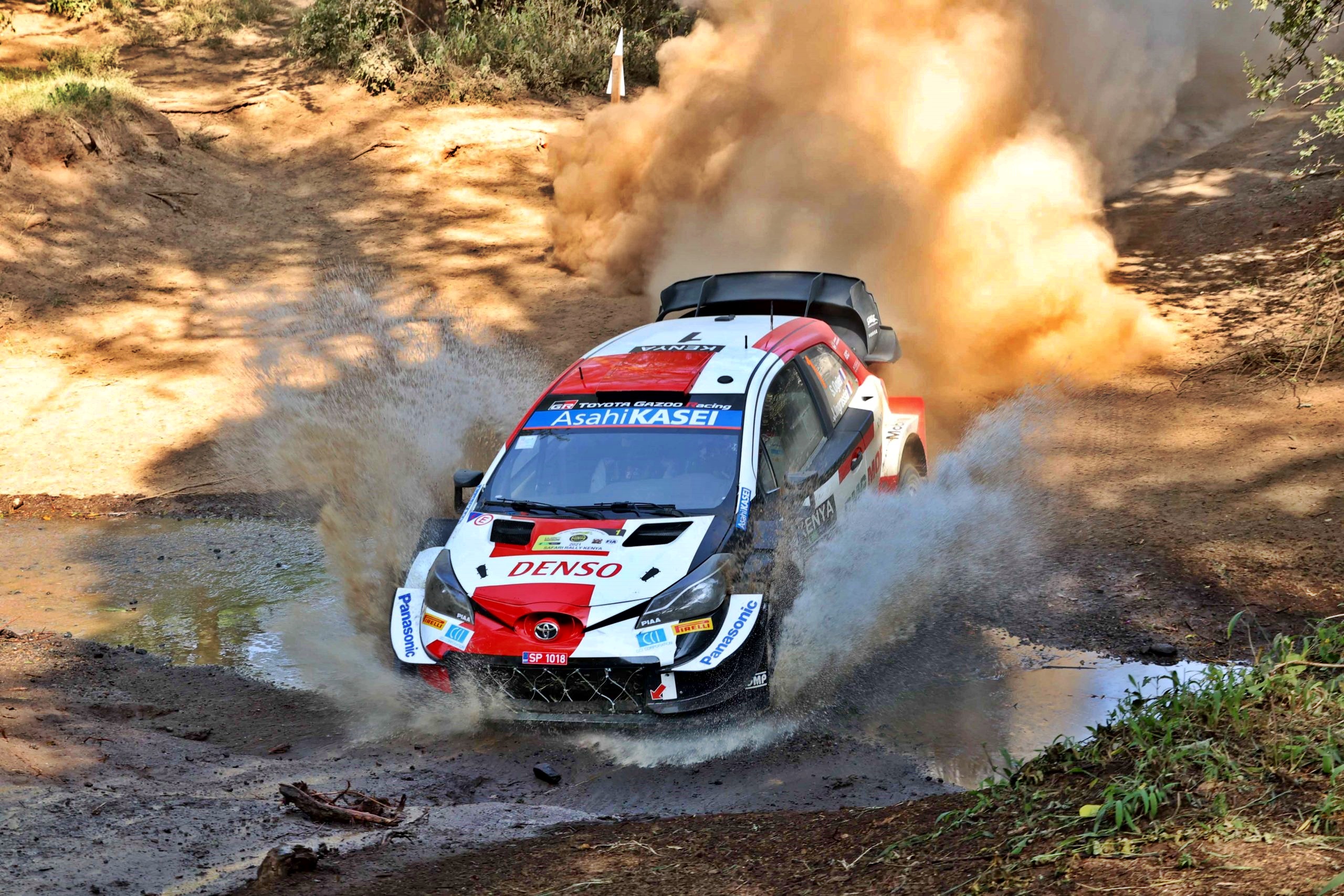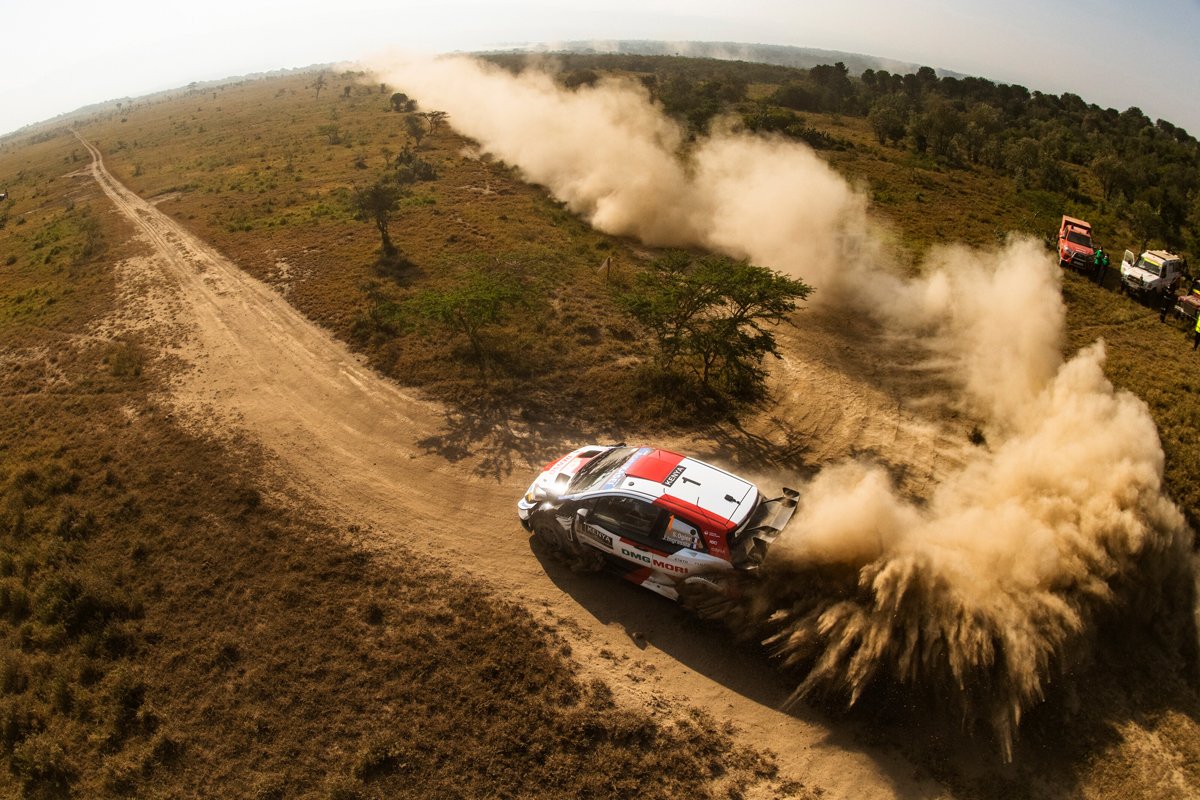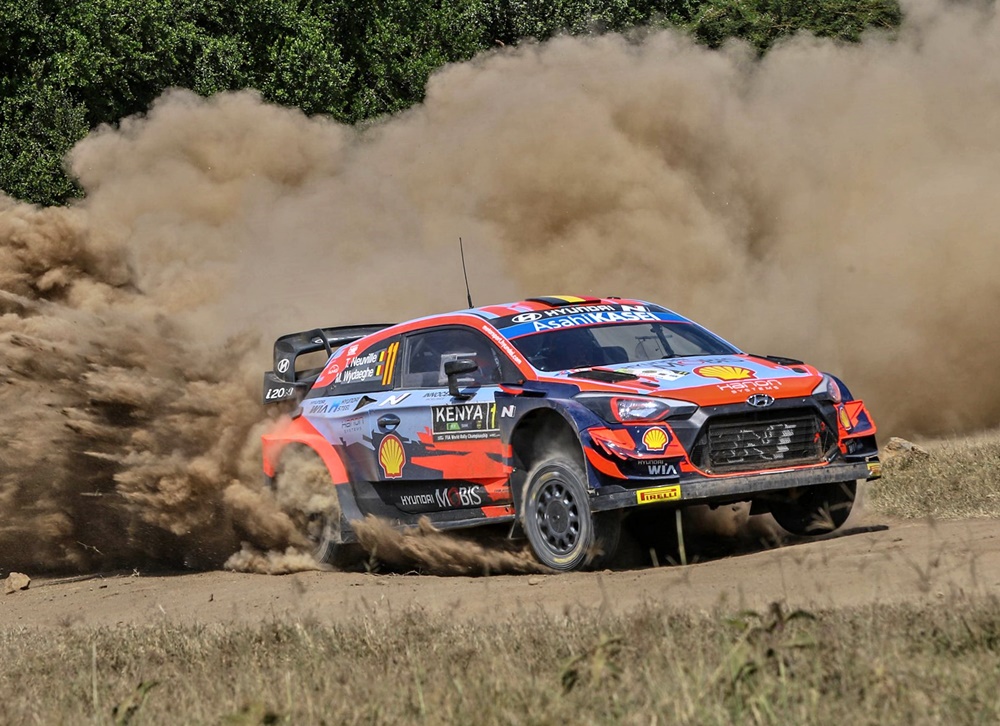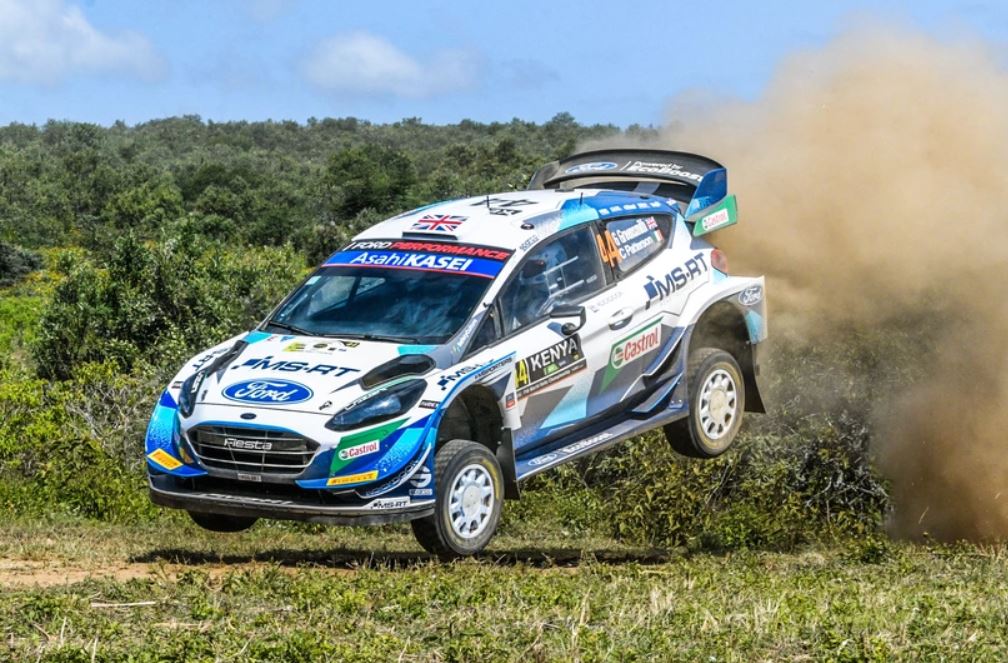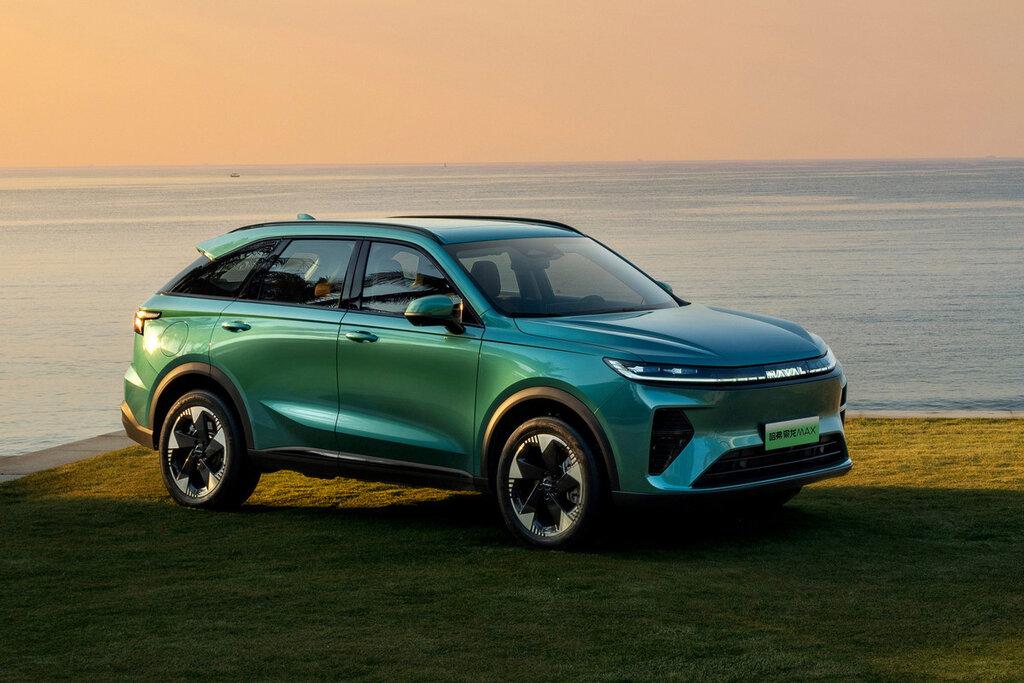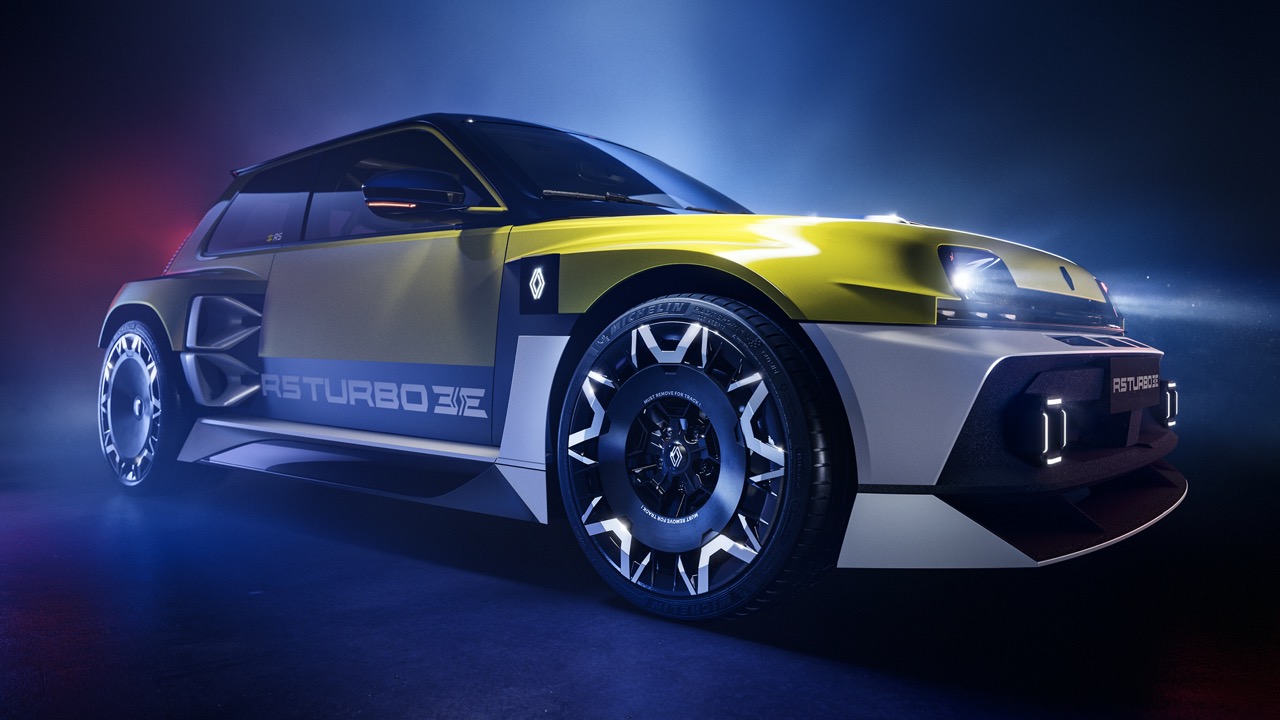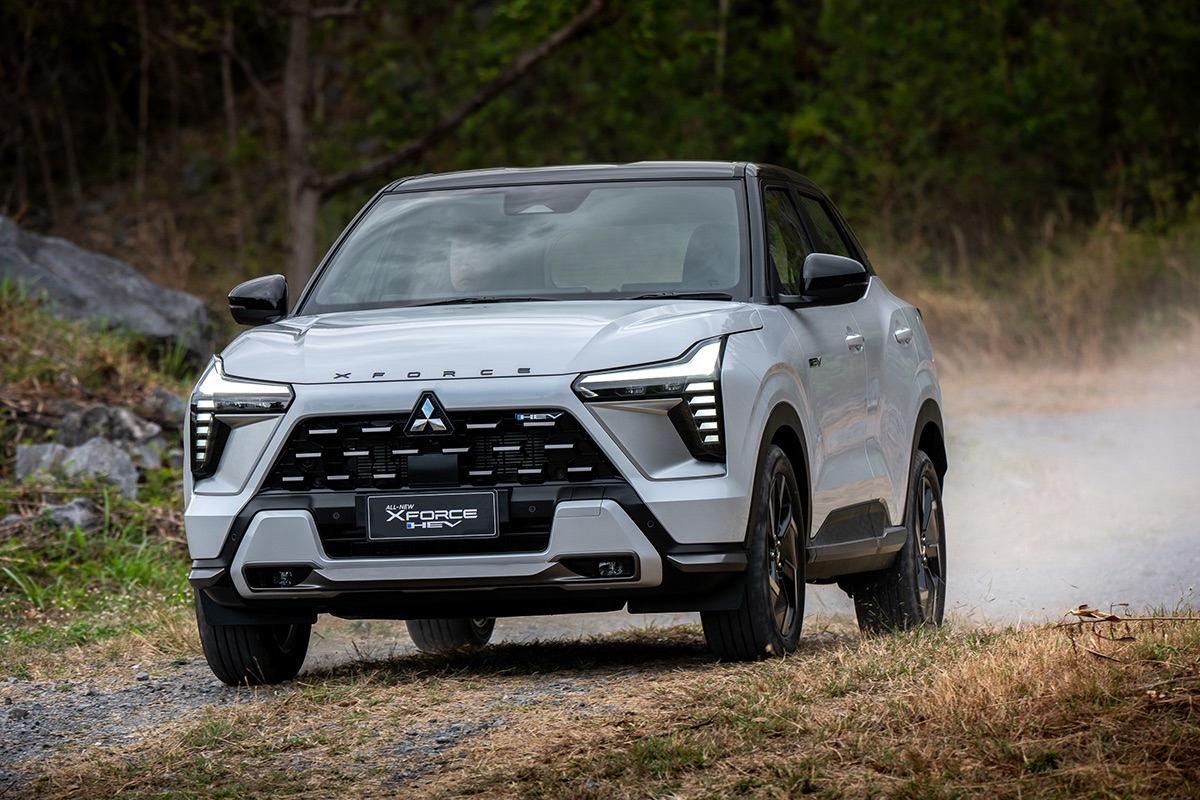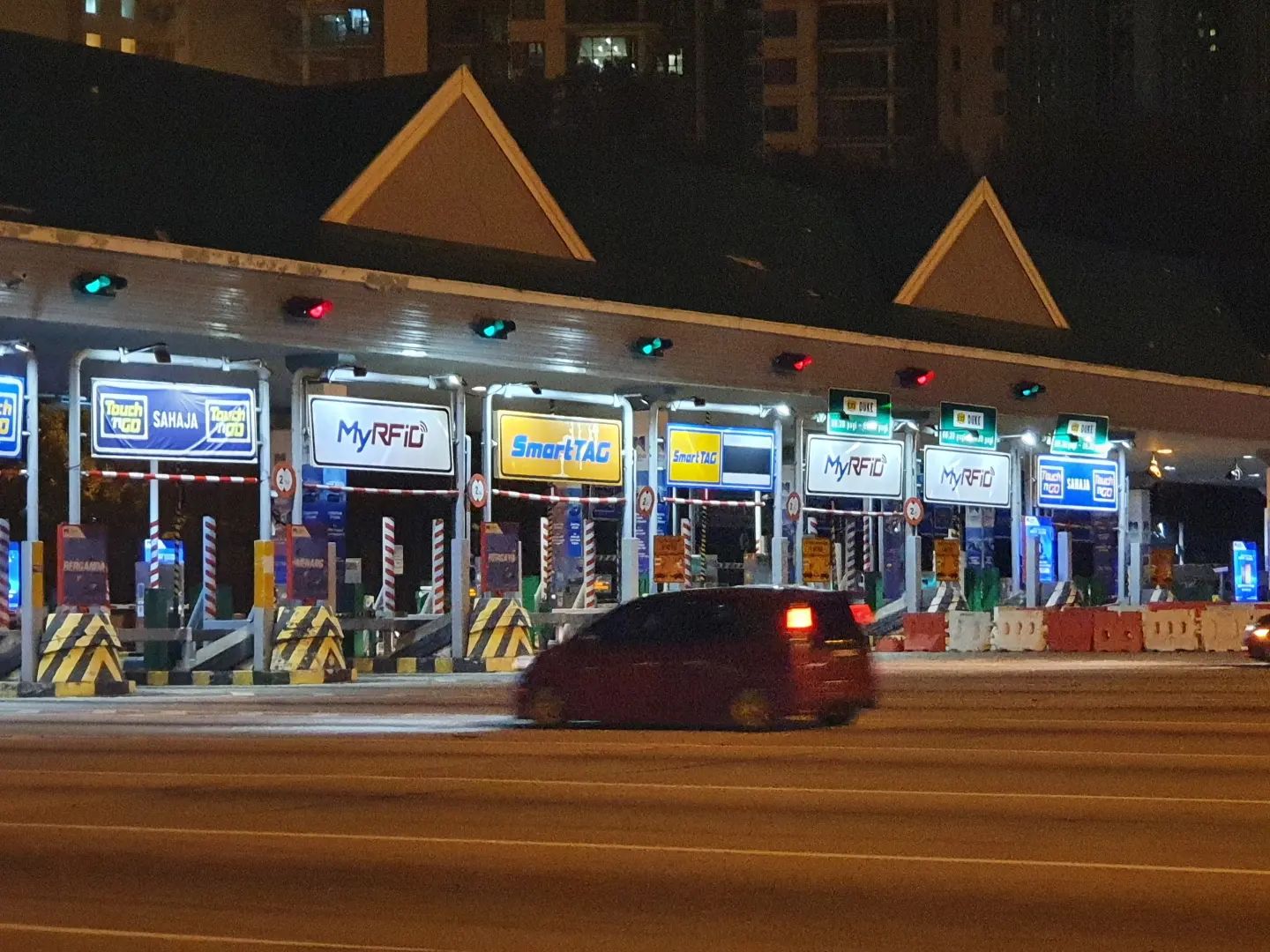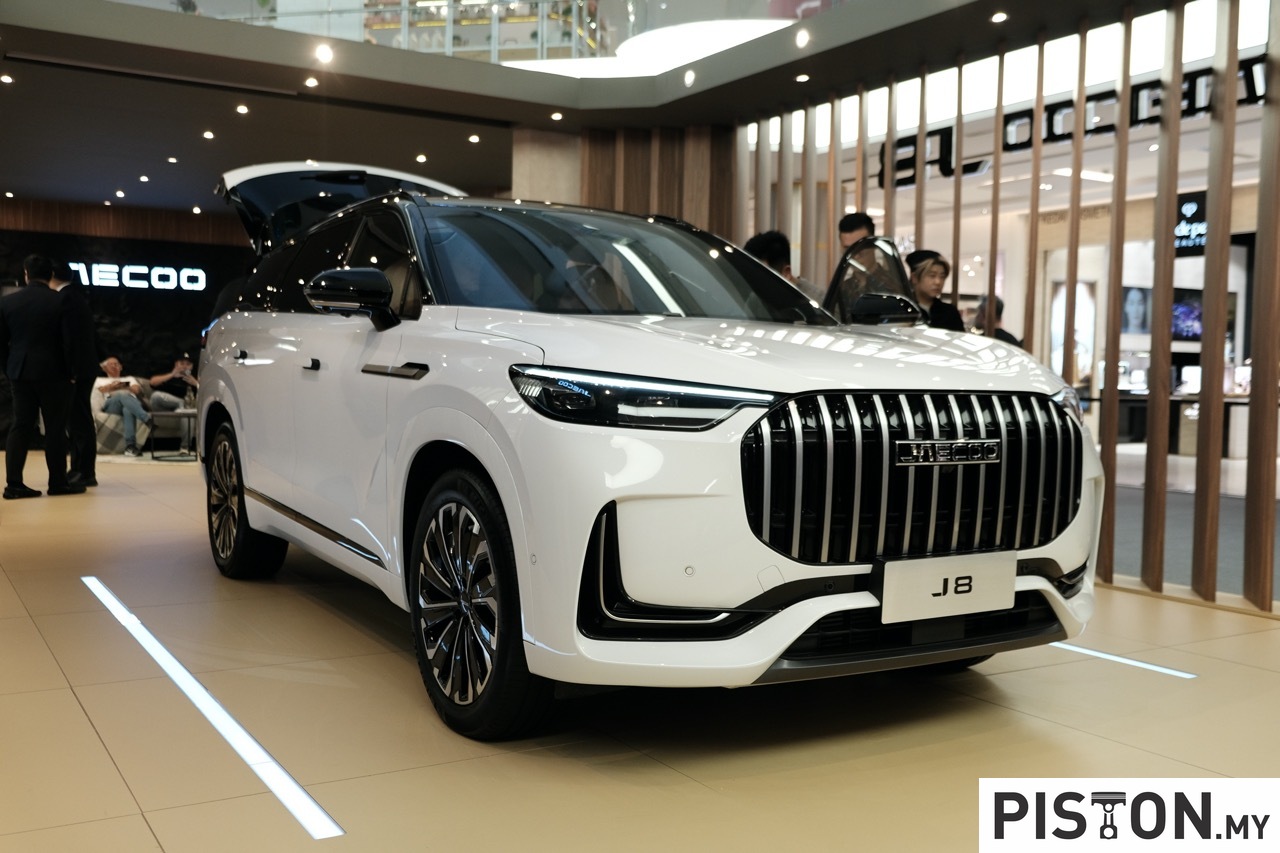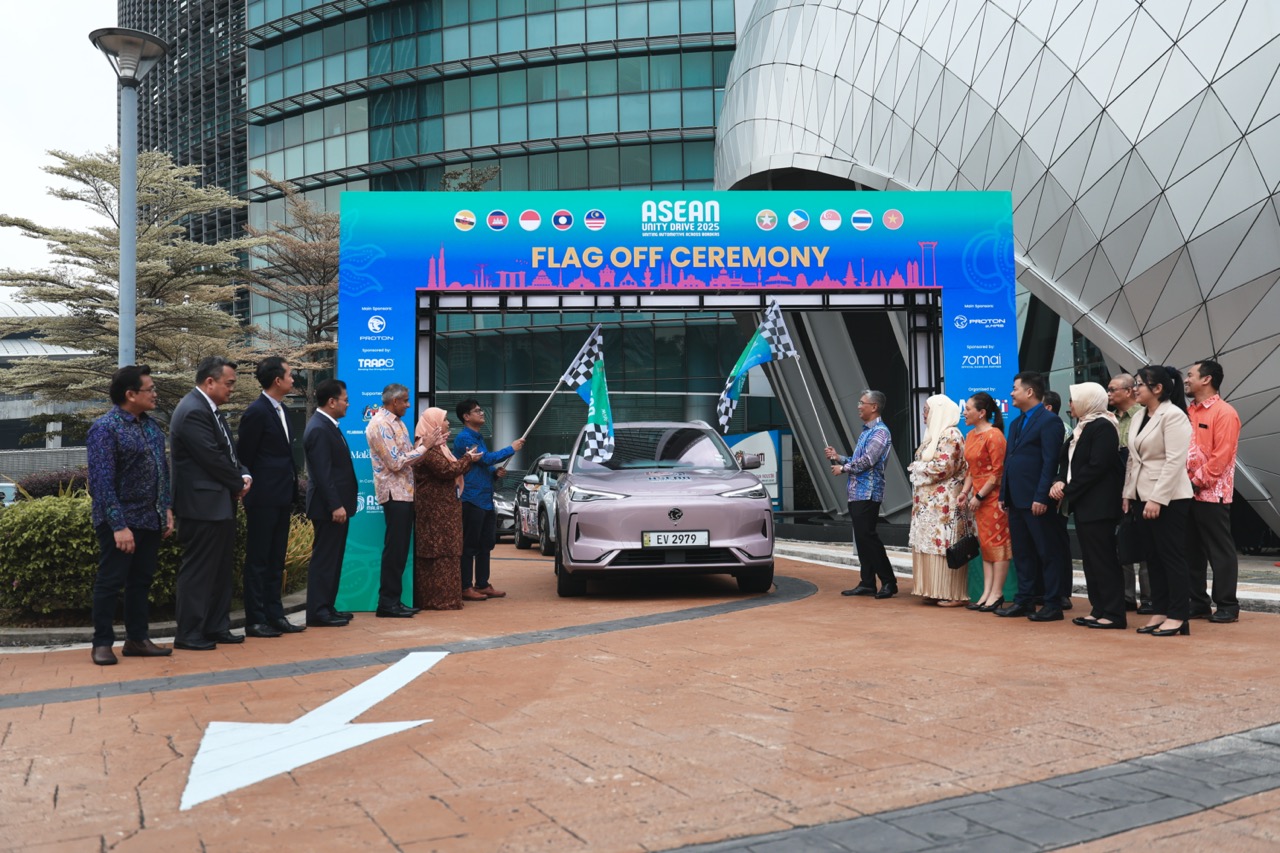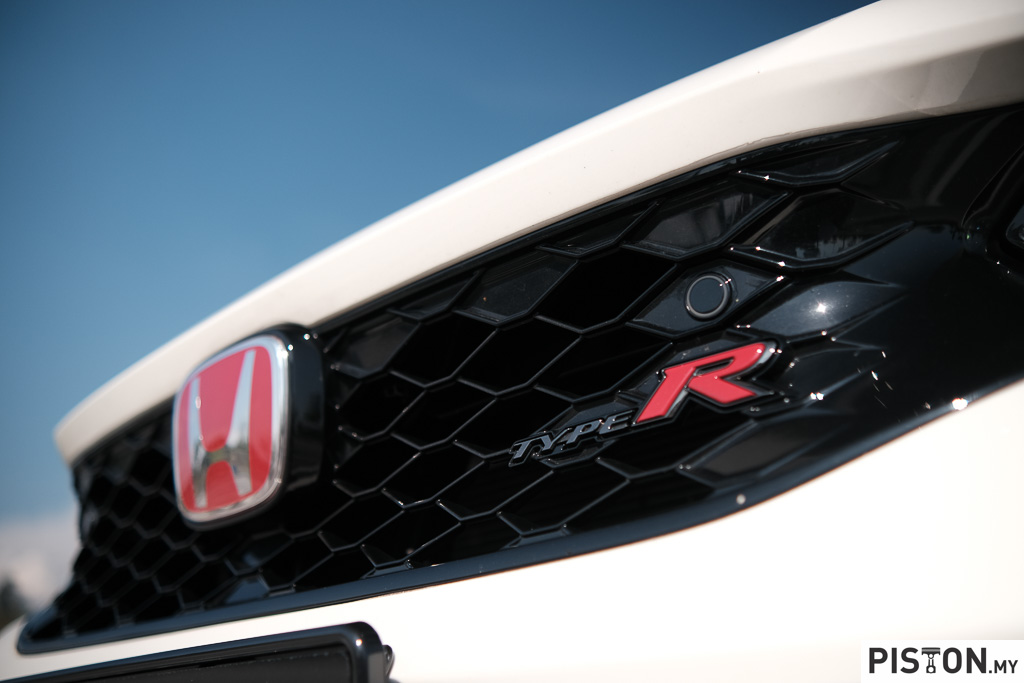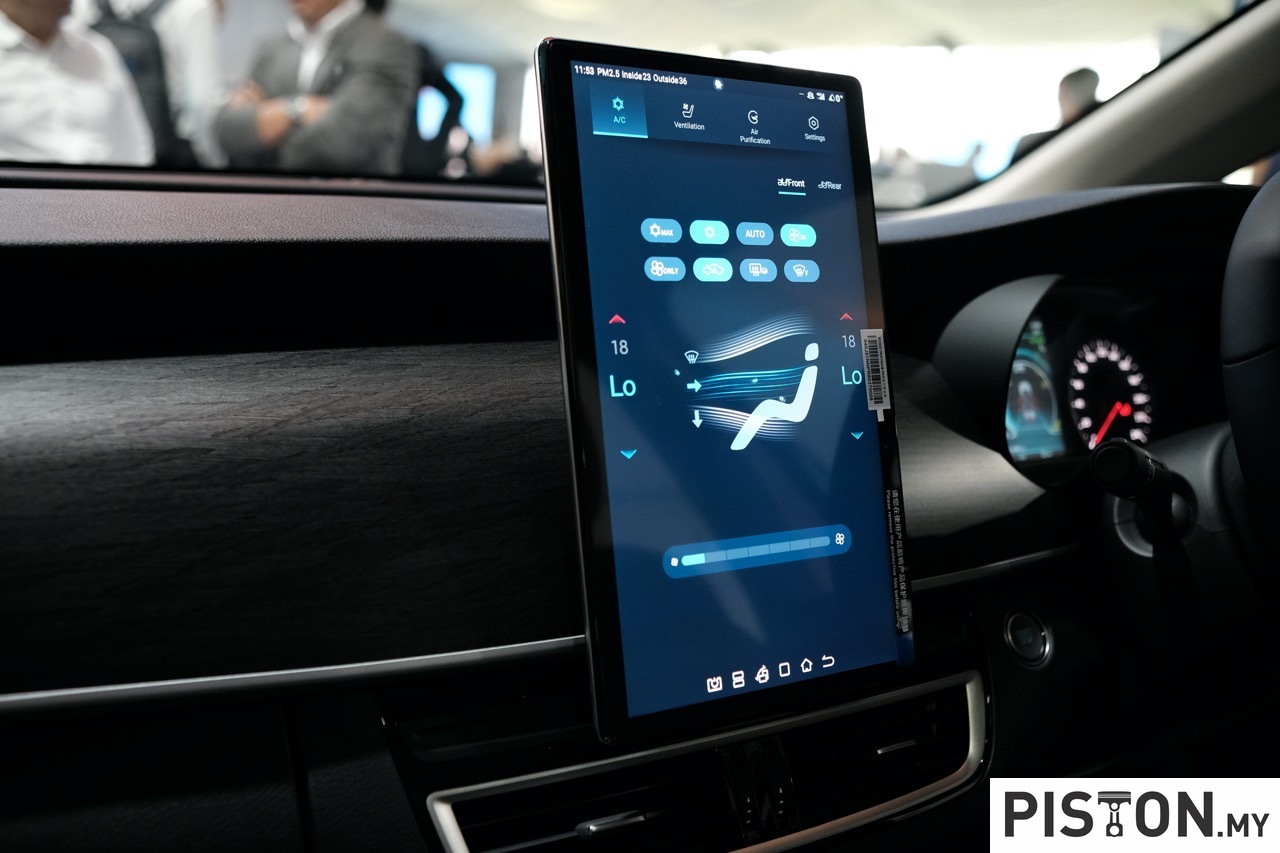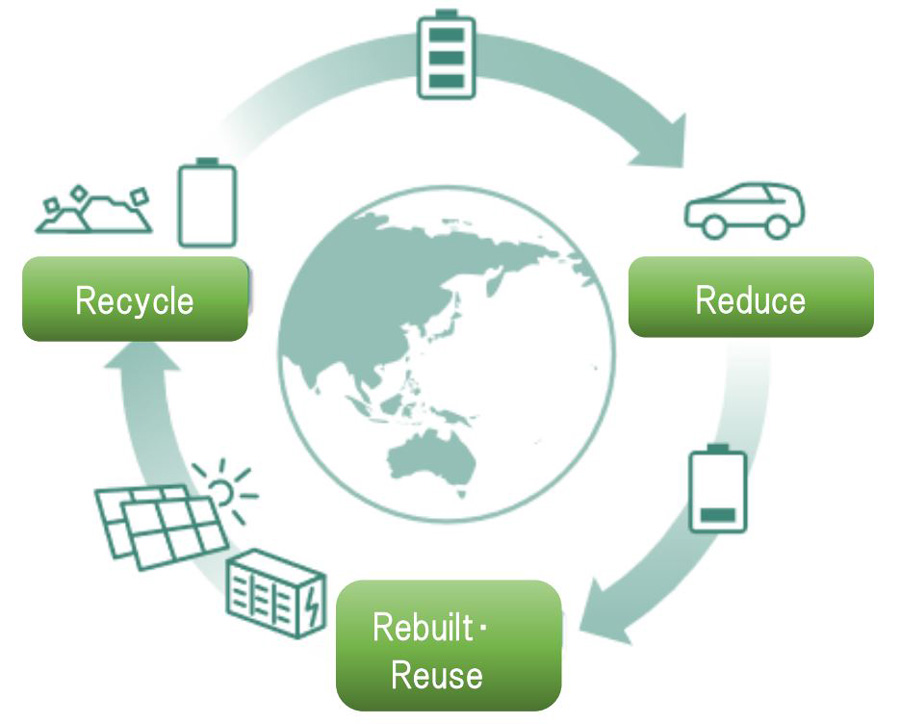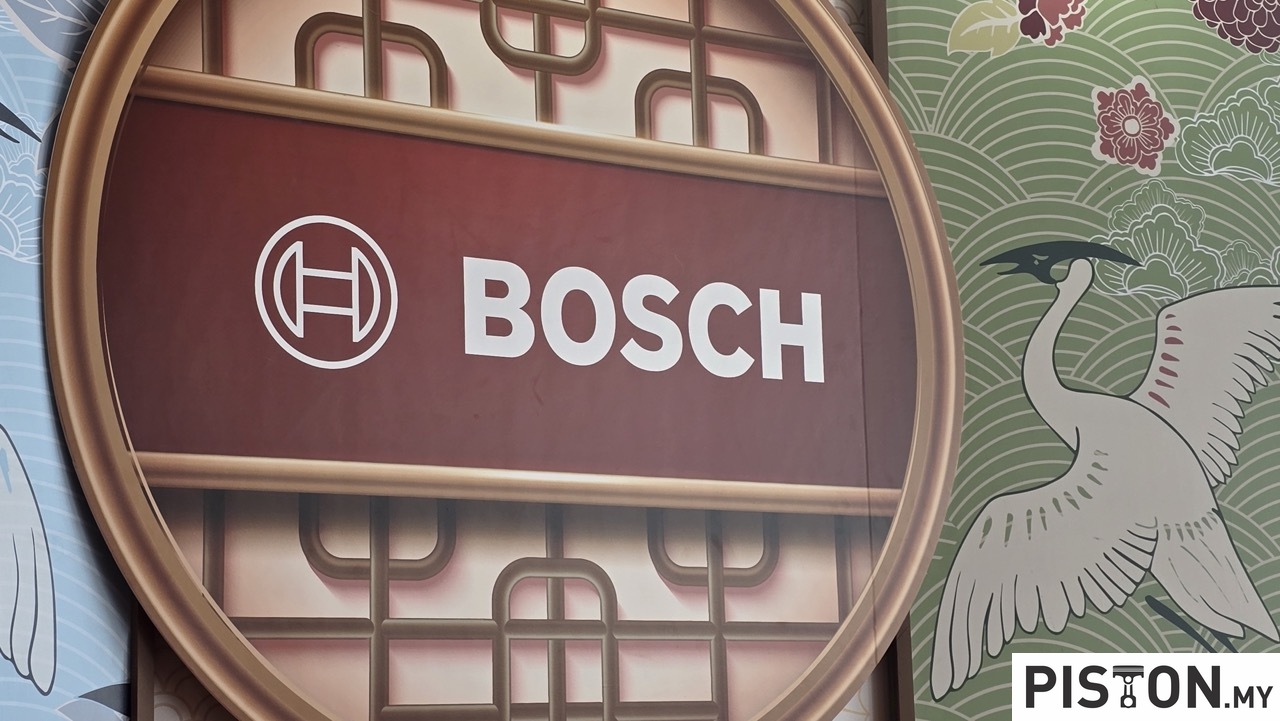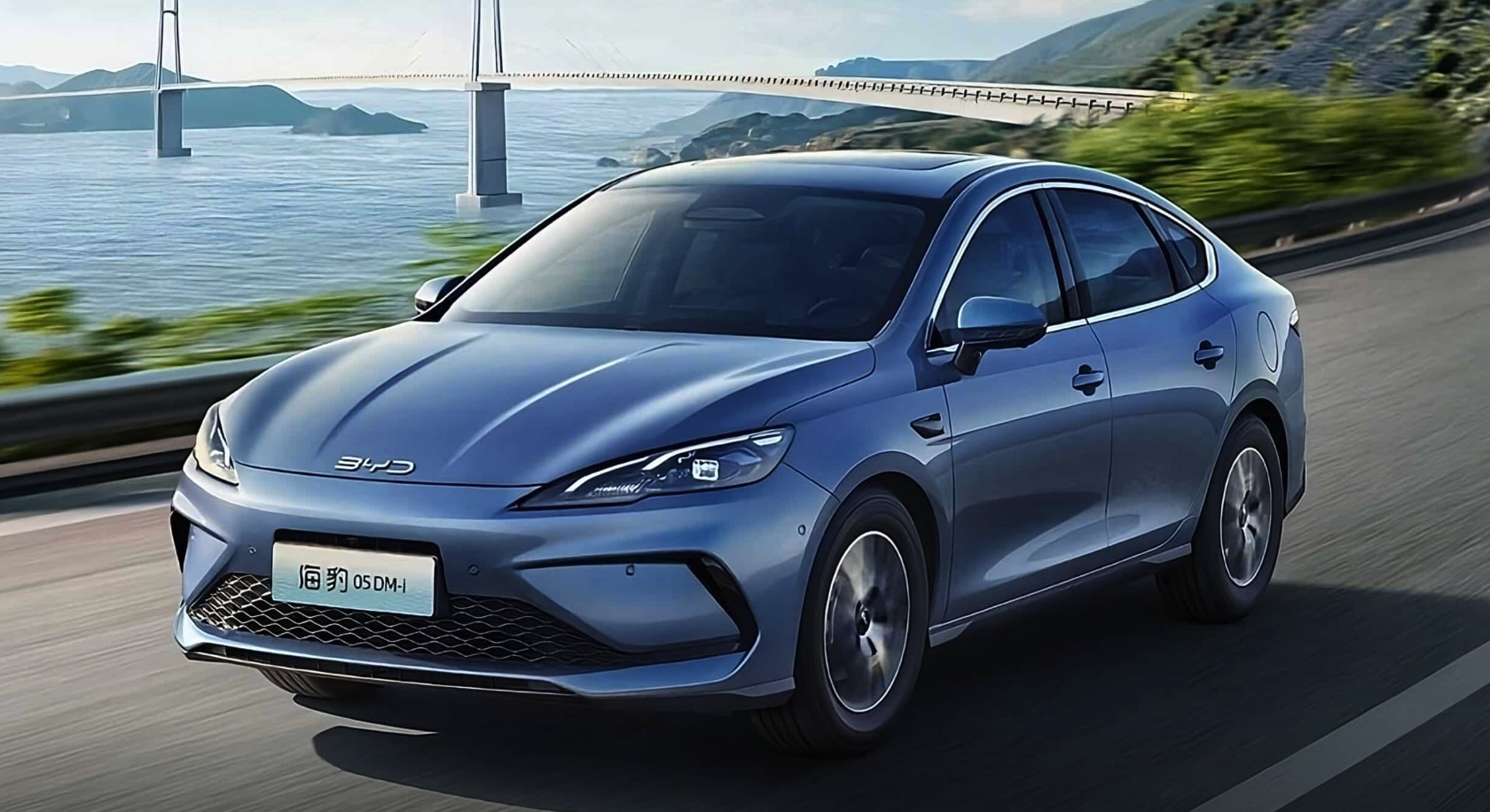The French crew of Sebastien Ogier/Julien Ingrassia secured victory in Safari Rally Kenya after having put in a powerful performance on the final day. Coming in 21.8 seconds behind was Ogier’s team mate Takamoto Katsuta,who scored his first ever WRC podium. Katsuta is with the TOYOTA GAZOO Racing WRC Challenge Program which has helped to develop the Japanese driver’s talent since 2015.
The victory at the sixth round of the 2021 World Rally Championship (WRC) was Toyota’s first on the gruelling African event since Yoshio Fujimoto/Arne Hertz won the 43rd Safari in 1995 in a Toyota Celica Turbo 4WD.
In third was Ott Tanak/Martin Jarveoja in a Hyundai i20 Coupe WRC, taking over from Thierry Neuville/Martijn Wydaeghe who had been dominant in the early stages and then sustained severe damage in SS14. “Basically, we came to a very slow left-right corner and something broke on the car. We saw that the damper exploded and we had to retire. It is a big disappointment, not only for me but for the whole team. It’s a tough time after three rallies in a row retiring from the lead. I have to stay with the team. We are all fighting together,” Neuville explained. Despite getting the car to the finish – and retaining the rally lead – the damage was too great for the crew to continue.
Team Principal Andrea Adamo offered his usual honest assessment of the rally: “We cannot be happy,” he said. “This is the third rally in a row in which we have had problems, so it cannot be considered bad luck. There are no excuses, it simply should not happen. We have to understand what is going on.”
For the M-Sport Ford World Rally Team, the weekend’s result was satisfying and the sensible strategy paid off. Both the EcoBoost-powered Fiesta WRC rallycars finished within the Top 5 with the first stage win of the season. Despite a late scare when his rear tyre came off the rim at the end of the rally-closing Power Stage, Adrien Fourmaux held on to his advantage to finish in fourth place.
While the original Safari Rally had routes of 6000 kms of open-road, this year’s event had 18 stages and a total of 320.19 competitive kilometres, conforming to the modern high-speed WRC format. But what remained unchanged were the dusty conditions, rough terrain and high temperatures – and wildlife around the stages.
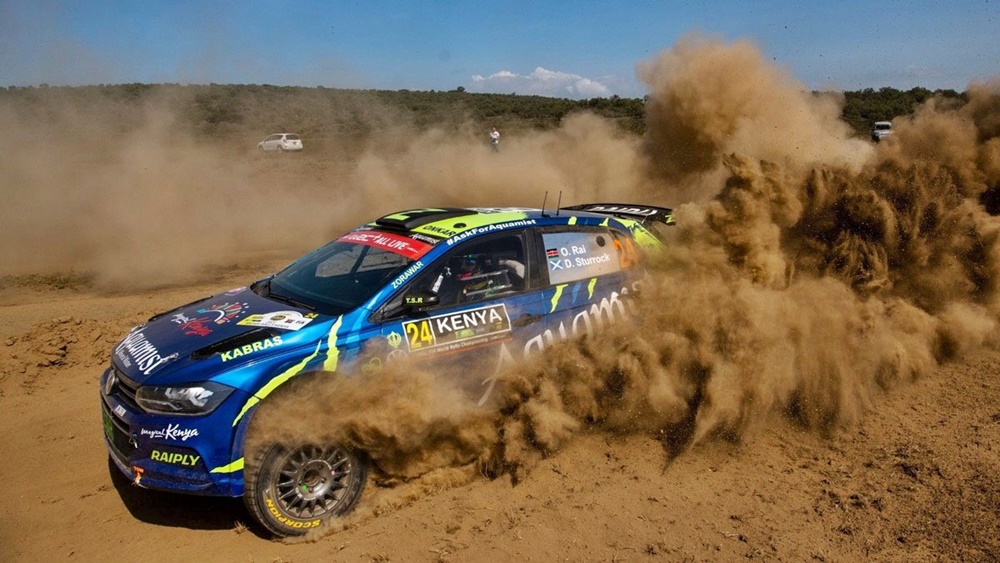
Throughout WRC history, rallies with a high rate of attrition – like the Safari and the Ivory Coast – enabled amateur drivers to score WRC points for impressive performances. This year’s returning African classic was no exception and Kenyan driver Onkar Rai finished seventh overall. The Volkswagen Polo GTi driver won the WRC3 category and devoted the victory to his brother Tejveer, who crashed heavily and sustained a spinal injury on Friday. Fellow countryman Karen Patel and 5-time Safari winner Carl Tundo were Rai’s closest challengers and crossed the finish line in eighth and ninth places.
The WRC returns to Europe for its next event which will be on the rough and ready gravel stages of Rally Estonia from July 15 – 18.
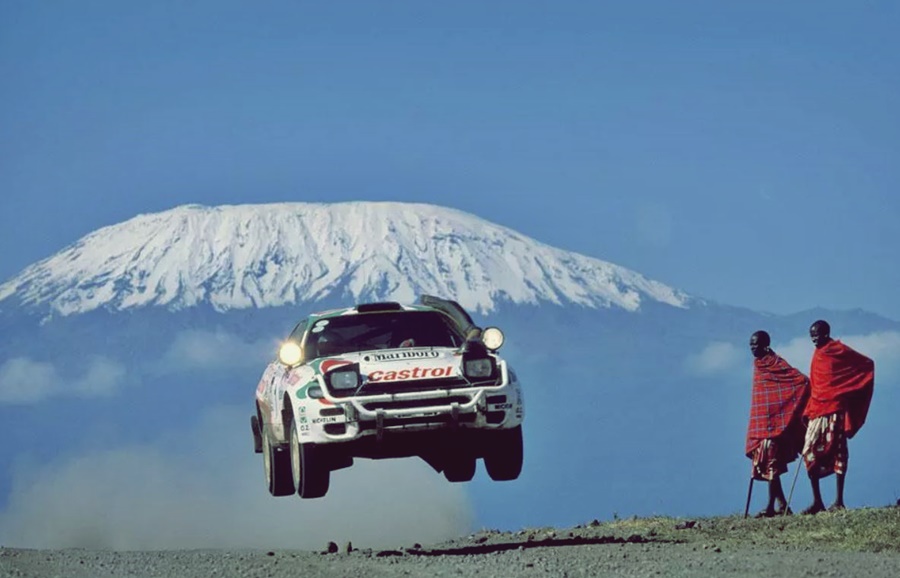
RESULTS (TOP 10)
1. Sebastien Ogier/Julien Ingrassia – Toyota Yaris WRC
2. Takamoto Katsuta/Dan Barritt – Toyota Yaris WRC
3. Ott Tanak/Martin Jarveoja – Hyundai i20 Coupe WRC
4. Gus Greensmith/Chris Patterson – Ford Fiesta WRC
5. Adrien Fourmaux/Renaud Jamoul – Ford Fiesta WRC
6. Kalle Rovanpera/Jonne Halttunen – Toyota Yaris WRC
7. Onkar Rai/Drew Sturrock – Volkswagen Polo GTI R5
8. Karan Patel/Tauseef Khan – Ford Fiesta R5
9. Carl Tundo/Tim Jessop – Volkswagen Polo GTI R5
10. Elfyn Evans/Scott Martin – Toyota Yaris WRC
Nissan Juke Rally Tribute Concept pays homage to 1971 Safari Rally-winning Datsun 240Z




